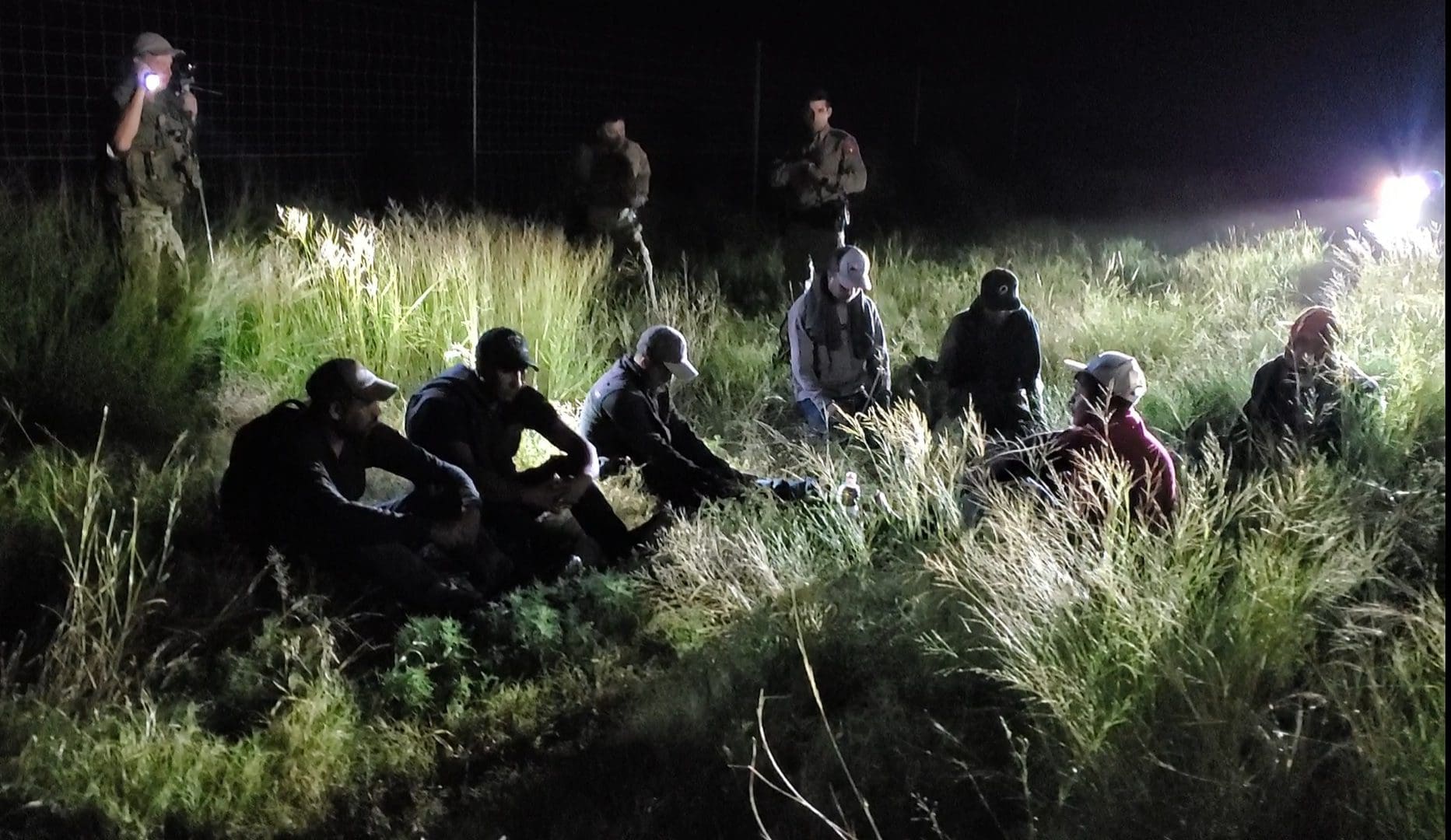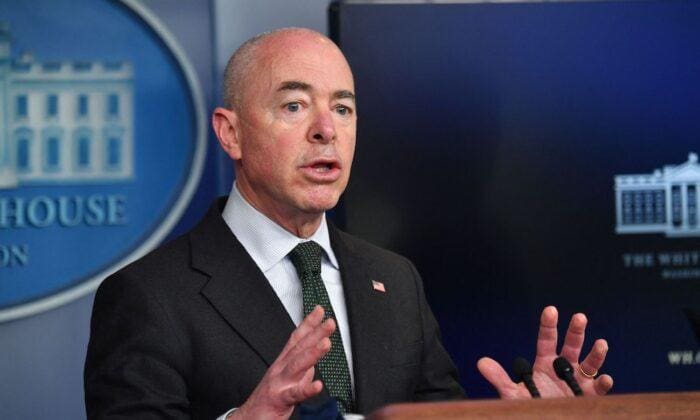A joint hearing between the Texas House Committees on Homeland Security & Public Safety and Defense & Veterans’ Affairs considered the following legislative charge regarding the Texas-Mexico border:
Monitor the activities of the Texas State Guard and the Texas National Guard participating in Operation Lone Star. Consider any legal or logistical support that can be provided to these organizations to increase operational efficiencies in conjunction with the Department of Public Safety. Review and assess the inventory of these agencies. Make appropriate recommendations.
Texas Department of Public Safety Director Steven McCraw and Texas Adjutant General Thomas Suelzer offered testimony before the committees highlighting the current status of Operation Lone Star—Gov. Greg Abbott’s border security operation—and the expected challenges if the Biden administration succeeds in rescinding Title 42.
Title 42 is a public health rule that authorizes federal officials to block border-crossers due to the possibility of spreading a communicable disease. Biden’s attempt to end the Trump-era policy has been temporarily stayed by a federal judge.
Despite widespread criticism of OLS as “political theater,” the possible removal of Title 42 could increase daily border encounters from 7,000 to 18,000, thereby creating even more complications for OLS and Border Patrol. A flood of illegal migrants is expected at the border this summer; based on reports from the U.S. Department of Homeland Security, the removal of Title 42 will likely only increase the flood.
McCraw highlighted the expected danger of the increase in encounters:
But when it hits, it overwhelms the border communities; it overwhelms Border Patrol. It takes them off the line. And it restricts us, all of our officers, our agents on the front line and leaves us vulnerable to the cartels, cartel operatives, transnational gangs, statewide gangs, drugs, fentanyl, cocaine, methamphetamine, heroin, all [of] the above.
Suelzer reported that OLS will conduct 30 more mass migration rehearsals in preparation for the eventual removal of Title 42. He believes OLS is in a better position to deal with the oncoming crisis now, having improved pay accuracy for guardsmen to 99 percent, improved living conditions, and solved equipment issues.
The mission of OLS, according to McCraw, is to “prevent, detect, and interdict transnational criminal activity between the ports of entry.”
As noted by committee members, this mission does nothing to solve the problem of the Biden administration releasing migrants into the U.S. after OLS has captured or detained them.
Currently, some committee members are waiting on Texas Attorney General Ken Paxton’s legal opinion regarding whether the border crisis constitutes an invasion and if Texas has the right to defend itself from invasion.
McCraw acknowledged that “as goes the border, so goes Texas, and so goes the nation.”
So far, OLS has secured five of 123 zones on the border, which means no traffic can cross those five zones without detection and interdiction.
However, “there’s nothing you can build that the cartels can’t go through, under, or over at some point [in] time,” said McCraw.
Therefore, DPS and the Texas Rangers are conducting criminal investigations into cartel-connected gangs and smugglers in an attempt to cut off some of the networks for human trafficking.
Roughly 10,000 personnel are deployed in support of OLS, and Suelzer reported that 6,128 are stationed on the border. Due to these numbers and the massive undertaking of securing the Texas-Mexico border, Suelzer reported that OLS needs $531 million to sustain the mission until the end of the state fiscal year in August.
At the end of the fiscal year, next year’s funds will become available since Texas works on a biennial budget. However, when asked if the current allocation would be sufficient for the next fiscal year, Suelzer said it would take $1.4 billion in funding to sustain OLS. Therefore, OLS would need roughly half a billion more in funding appropriated.
The Texas Legislature will not meet again until January of 2023 unless Gov. Abbott calls a fourth special session. In the meantime, these funding requests will go to the governor’s office, and Abbott may be forced to reallocate money from other projects to the border.
OLS has exhibited some success in turning back people attempting to cross the border and halting various drug shipments. According to McCraw, “Absent the federal government’s involvement, we should secure the border between the points of entry.”
Upon receiving pushback from the committee on the cost of such a venture, McCraw acknowledged that it would take “a lot of money, a lot of effort, [and] a lot of resources,” and the decision to continue or modify the mission ultimately rested with the policymakers.





